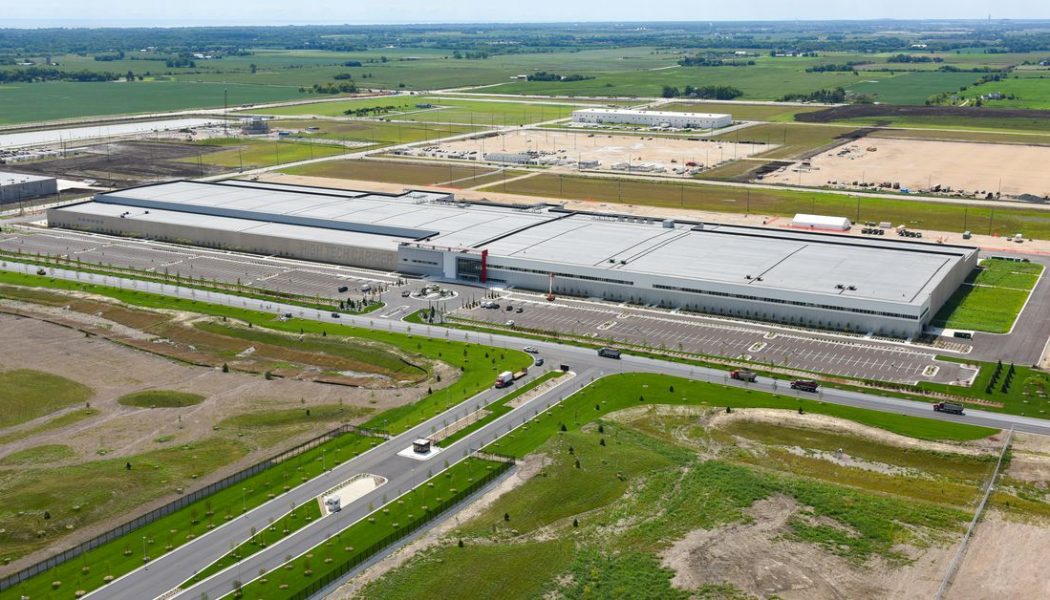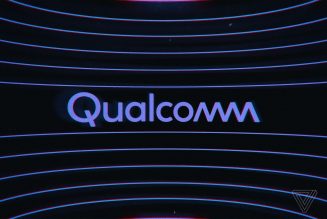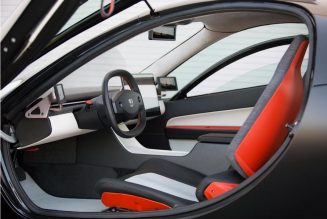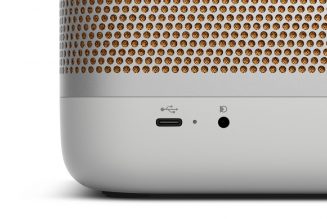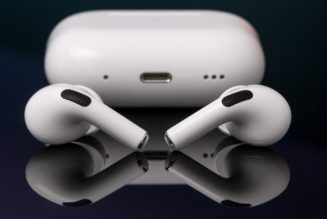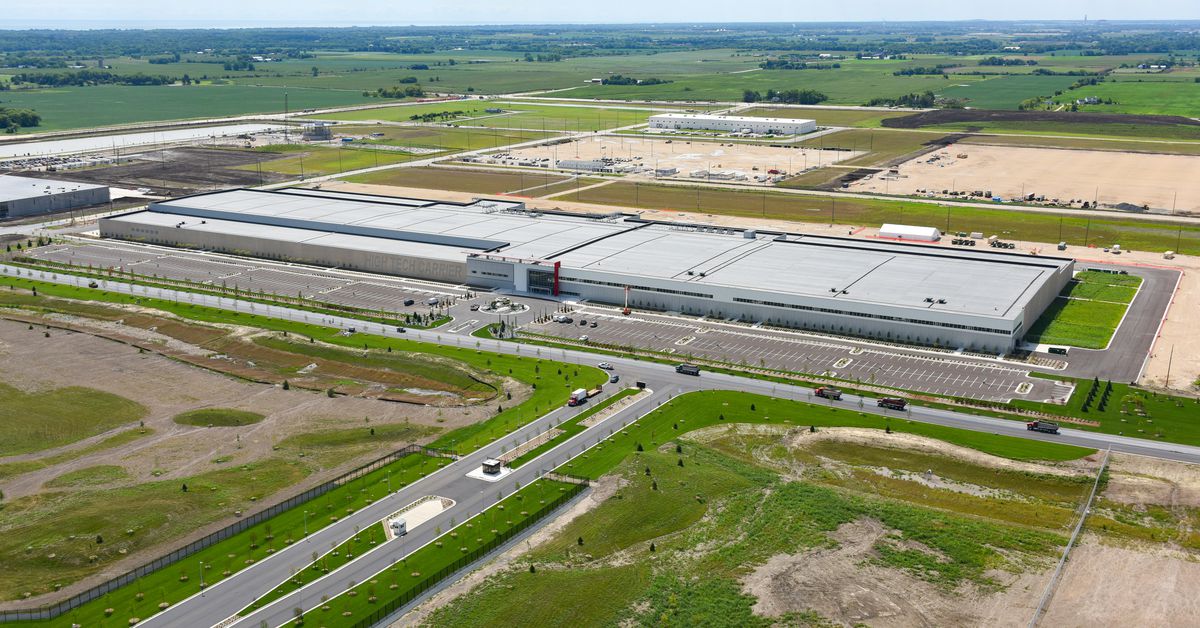
The chairman of Taiwanese manufacturer Foxconn says the electronics giant is considering making electric vehicles at its mostly empty worksite in Wisconsin, where the company originally planned to make LCD panels. Either that, or Foxconn may make EVs in Mexico. The decision will be made by July 1st, chairman Young Liu said at a press conference Tuesday.
Best known for manufacturing iPhones, Foxconn has recently shifted some of its attention to the booming electric vehicle space as a way to diversify its revenue. Late last year, the conglomerate announced an EV platform on which other companies could build. This year, Foxconn announced tie-ups with China’s largest private automaker, Geely, and with a number of EV startups. It has agreed to build an electric vehicle with Fisker Inc., struggling startup Byton, and may even build one with Faraday Future (as part of the deal with Geely), which is now flush with cash after years on the brink.
Foxconn also announced an EV partnership with Fiat Chrysler in 2020, though neither company has commented on the project since. (Fiat Chrysler is now called Stellantis.)
Fisker Inc. founder Henrik Fisker previously said there was a “very good chance” that it would build a vehicle with Foxconn in Wisconsin, though the chairman’s comments Tuesday are the first time the Taiwanese company confirmed its interest in using the facility. Liu also said Foxconn is considering building EVs for multiple partners but dismissed rumors that it would work with Apple, which is developing an autonomous electric car.
Foxconn broke ground on the factory in Wisconsin in 2018, after netting some $4 billion in tax credits and other incentives from state and local governments. The company promised it would invest $10 billion, build a 20-million-square-foot facility, and create 13,000 jobs all to make LCD panels. Former president Donald Trump once called the site the “eighth wonder of the world.” The company said it wanted to build the Silicon Valley of the Midwest, calling it “Wisconn Valley.”
But that never happened. Foxconn has spent the intervening years narrowing the scope of its ambitions in Wisconsin, barely hitting hiring targets set by the state along the way, and has invested just 3 percent of that $10 billion total to date. The biggest structure it’s built measures only 1 million square feet. It was recently reclassified in official documents as a storage facility.
Though Foxconn initially claimed it would manufacture LCD panels at the site, in reality the company has spent years searching for a viable product to manufacture in Wisconsin. For a time, it said it would use the space to create an “AI 8K+5G ecosystem” — though the company never coherently explained what that means. Foxconn also publicly considered making coffee robots and, in the early throes of the pandemic, ventilators.
“I took over the Wisconsin task, and I need to make it a viable one, so I need to find a product that fits that location,” said Liu, referring to how he inherited the project from previous chairman (and Foxconn founder) Terry Gou, who left the company to take on an ill-fated bid for president of Taiwan. “Whether it’s Wisconsin or Mexico, it’s not political, it’s business from my perspective.”
